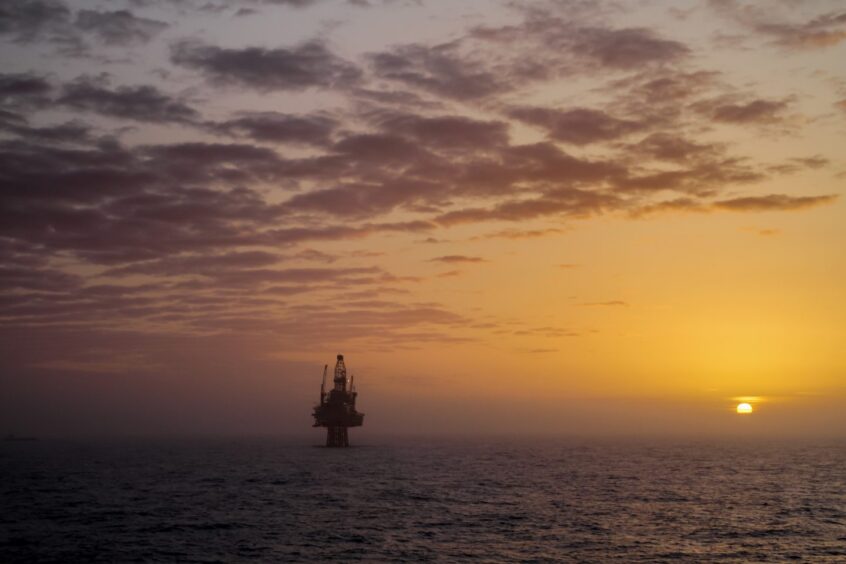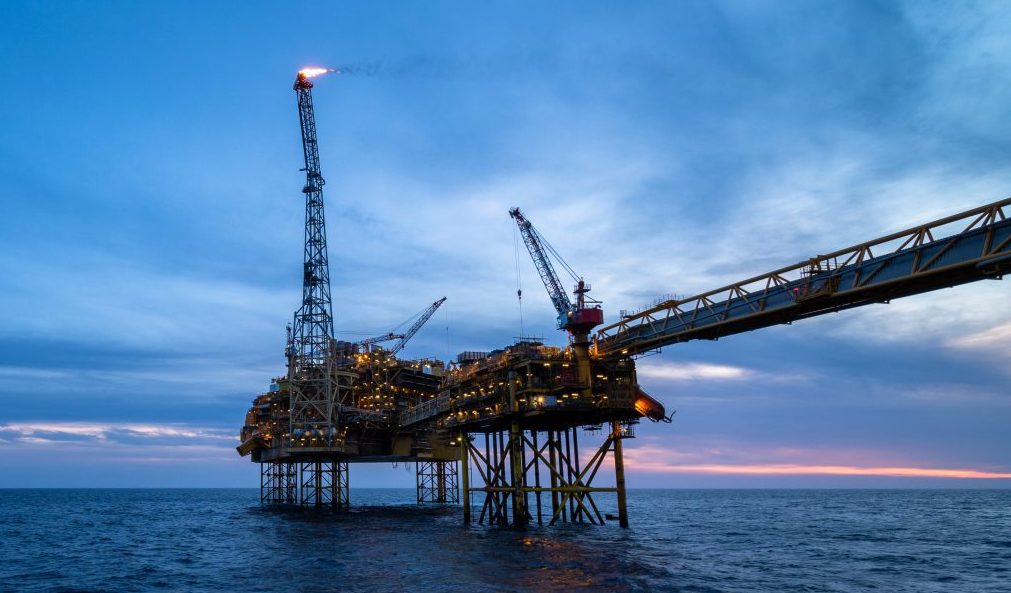
A new report warns that smaller North Sea oil and gas companies are facing a bleak future under the Labour government’s plans to increase the windfall tax and cut investment allowances.
Analysis by Wood Mackenzie found the government’s policies could leave the industry “fatally wounded” within five years.
The report said the industry is “hoping for the best, but planning for the worst” and highlights a potential tax scenario that could wipe out £19 billion of investment, halve UK production by 2030, and virtually eliminate industry cash flows by the 2030s.
The Labour government has announced plans to change the UK’s upstream fiscal system for the fourth time in two years.
While the specific details of the new Energy Profits Levy (EPL) terms will be announced in the October budget, the government has confirmed plans to increase the marginal tax rate to 78% and reduce capital allowances.
Wood Mackenzie argues that these changes make it “almost impossible” for companies to plan for the future.
The report emphasised the importance of retaining the EPL capital allowance for investment to continue, warning that its removal could have a severe impact on the industry and its support services.
North Sea windfall tax
Labour maintains the current EPL terms are too generous to oil and gas companies, with a 75% tax rate and an effective 91.4% tax relief rate on capital costs (75/91.4).
However Wood Mackenzie said removing capital and investment allowances would put pressure on company cash flows and deter investment.
The report said even a balanced (78/78) tax system would represent a significant increase from the previous (40/46) system.
Wood Mackenzie adds: “The current uncertainty and frequency of fiscal changes means that operators are prudently testing the potential removal of the EPL CA and indefinite EPL for planning purposes. This scenario would wipe-out £19 billion or 65% of the UK’s remaining development capex, halve UK production by 2030, and all but eliminate industry cash flows by the 2030s.
“The reality could be even worse. Smaller companies would likely fail through lack of cash flow, with implications for JV partners and the UK government in terms of decommissioning liability.
“We do not expect the government to select the worst case outcome, but having stated it believes UK oil and gas must be kept healthy and productive ‘for decades to come’, it is creating an investment environment where the industry is fatally wounded in less than five.”
The report also warns that the government’s uncertainty and frequent changes to fiscal policy are causing companies to adopt a more cautious approach to investment.
The worst-case scenario, which includes the removal of the EPL capital allowance and the indefinite continuation of the EPL, could result in a significant reduction in investment, production, and cash flow.
Wood Mackenzie stressed the need for a transparent, predictable, and investible successor to the EPL after 2030.
The report warns that the government’s current lack of clarity on this issue could have a significant impact on investment in the North Sea.
Recommended for you


 © Supplied by Shutterstock
© Supplied by Shutterstock